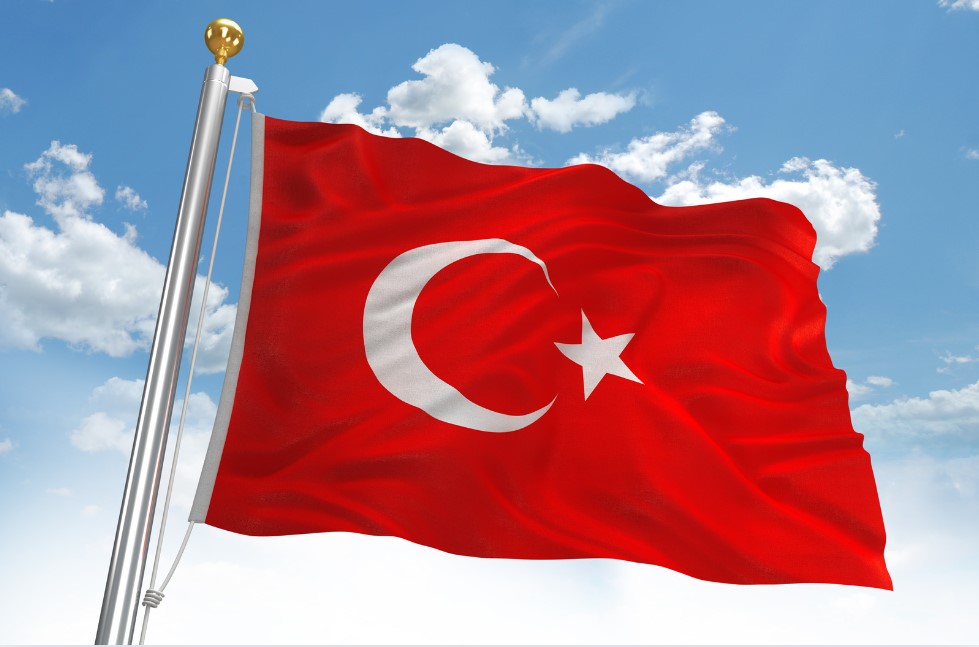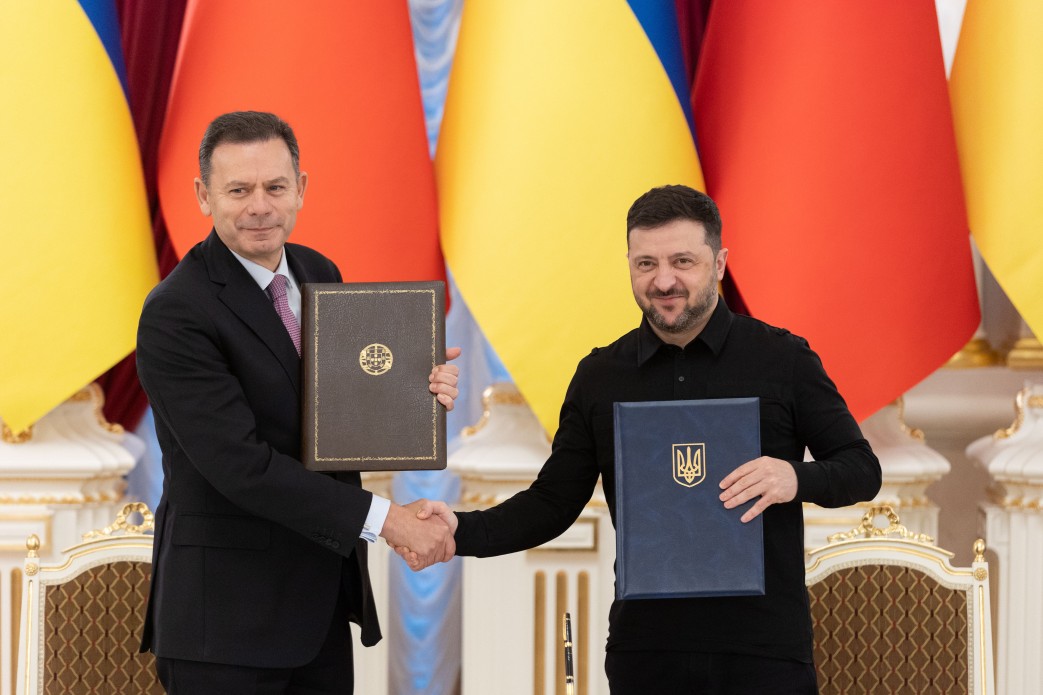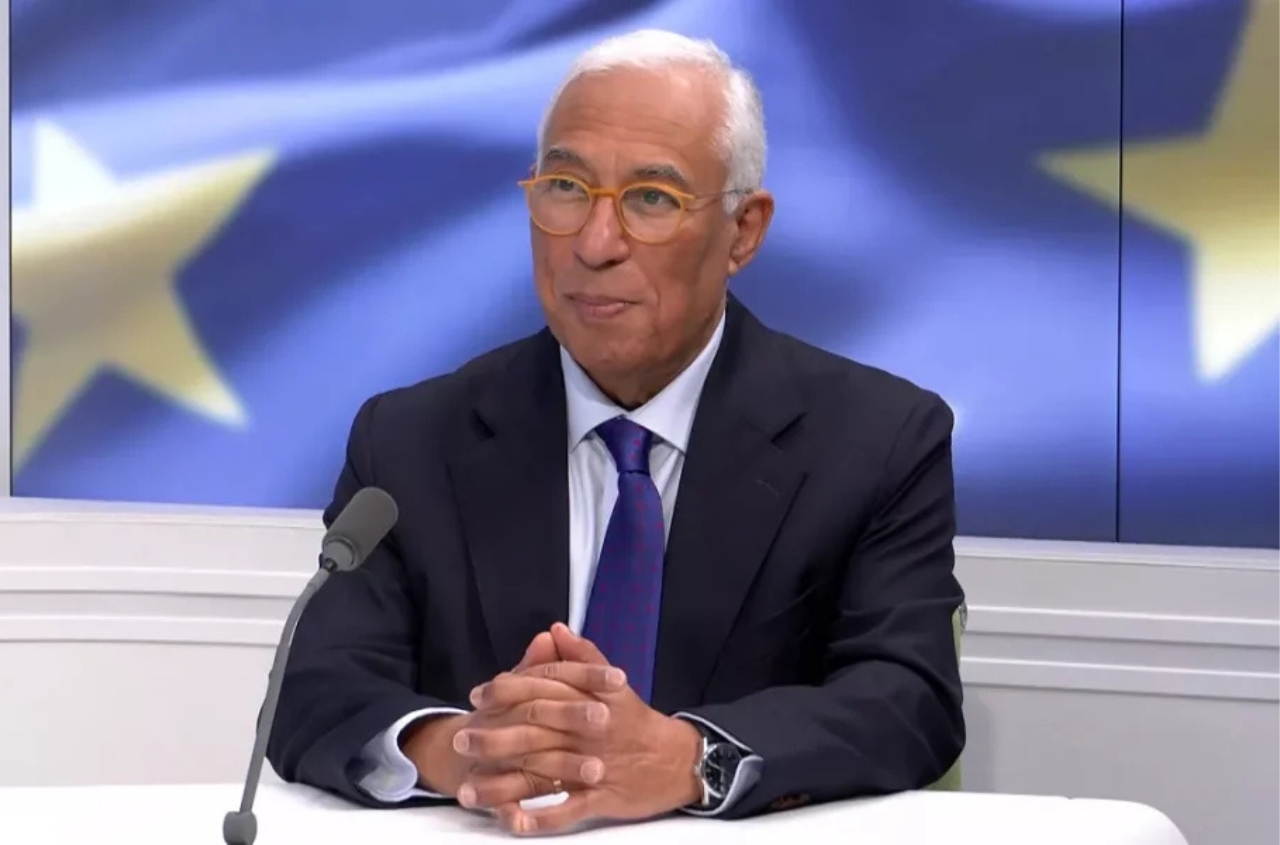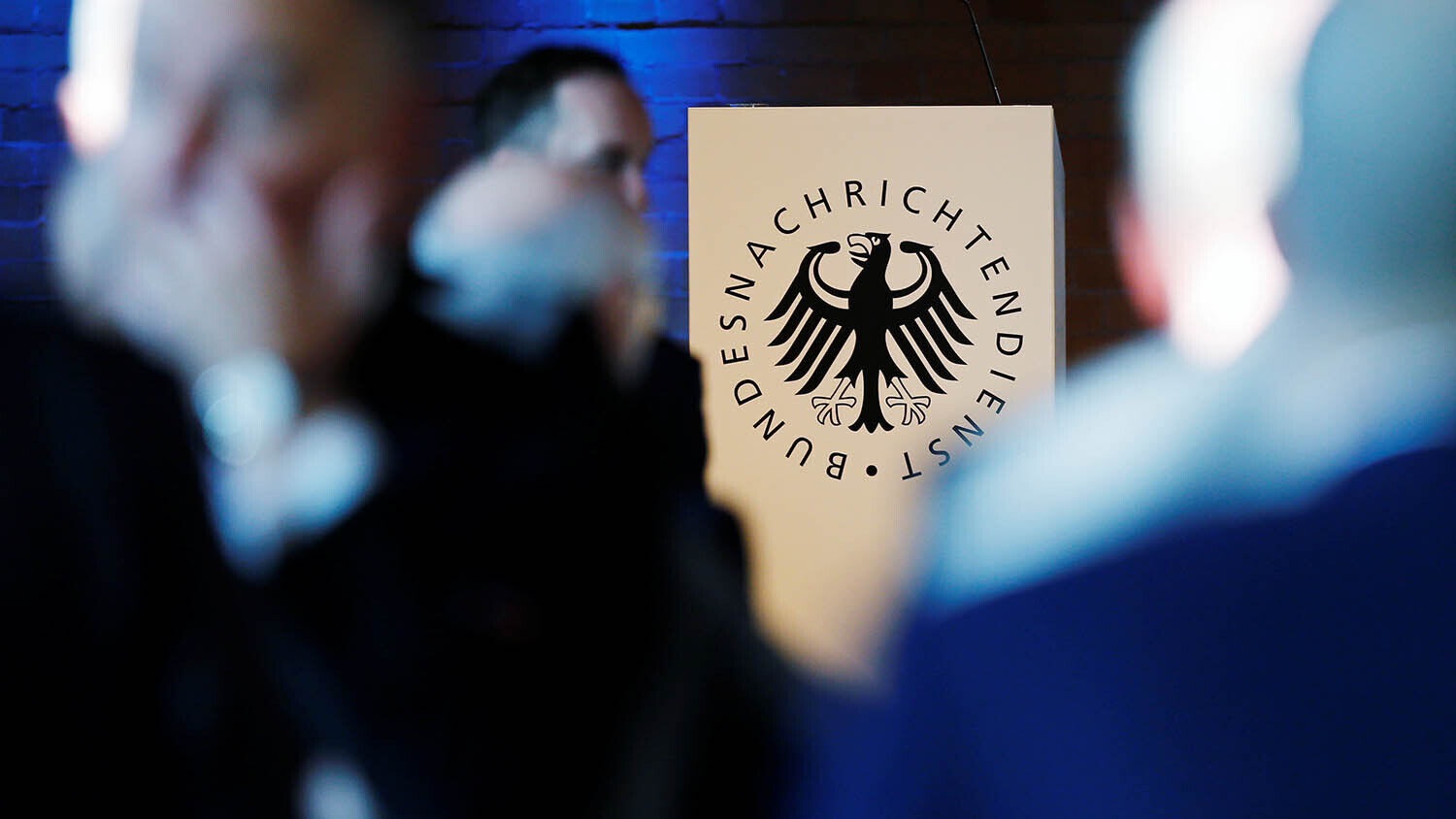By Vitaliy Kulyk, Head of the Center for Civil Society Problems Research
According to Bloomberg, Turkey has applied to join BRICS. However, it is not accurate to say that this forms an alliance that serves as an alternative to the EU or NATO.
Yes, Turkey has recently had strained relations with Western countries. This is evident not only from the halted EU integration talks but also from the collection of conflicts that have arisen between Ankara and Brussels concerning political processes, human rights, transport corridors, energy security, and more. Turkey's actions in the Russia-Ukraine war have also deepened these contradictions.
Currently, Turkey is trying to increase its presence and authority in the Turkic world, shaping its own Great Turan project. On the other hand, the country is becoming a major transit hub from Asia to Europe, controlling transport flows and energy corridors. It is already a gas hub, integrating both Russian gas and Kazakh oil and gas.
Therefore, BRICS membership would, first of all, give Turkey the status of a separate power center, distinct from others in the region. Secondly, it would be a recognition from Russia and China of Turkey's position as a country with which they can do business.
Turkey understands that it cannot achieve this status in Europe: joining the EU would require too many concessions that it is not prepared to make. Forming integration unions with sufficient development potential in the unstable Arab world is difficult. Potential partners for forming the Great Turan are located beyond the Caspian Sea (yes, there is a bridge through Azerbaijan, but it is not enough).
BRICS involves minimal obligations. Despite all the promises to abandon the dollar in mutual trade, to form its own technological clusters, and to reject European technologies, BRICS is more about proclaiming positions. BRICS is not a bloc, not an economic alliance, but rather a club where global problems are discussed and a multipolar world is envisioned.
Given that Turkey aims to participate in the multipolar world not as a junior partner but as a regional sub-leader, BRICS allows it to maintain a balance between the West and the East, maximizing its gains.
At the same time, Turkey’s attempts to join BRICS, while contrary to Western concepts, do not currently conflict with NATO. And, for now, this is advantageous for Ankara.
In other words, Turkey will not exit NATO but will attempt to strengthen political cooperation with BRICS. Whether this will be successful remains to be seen.




















